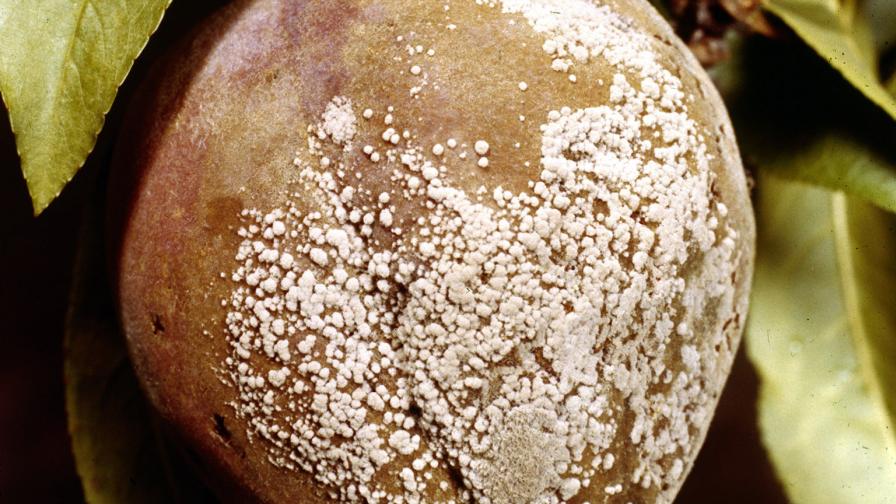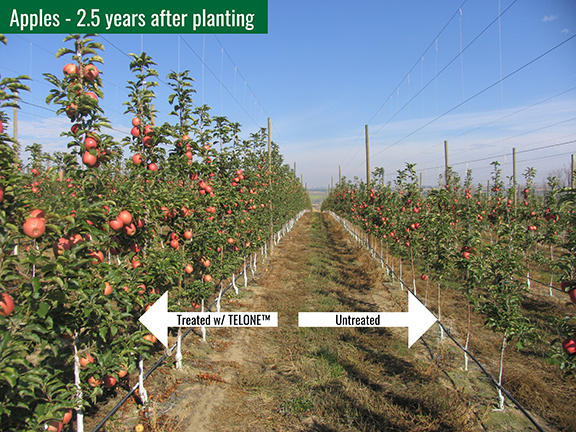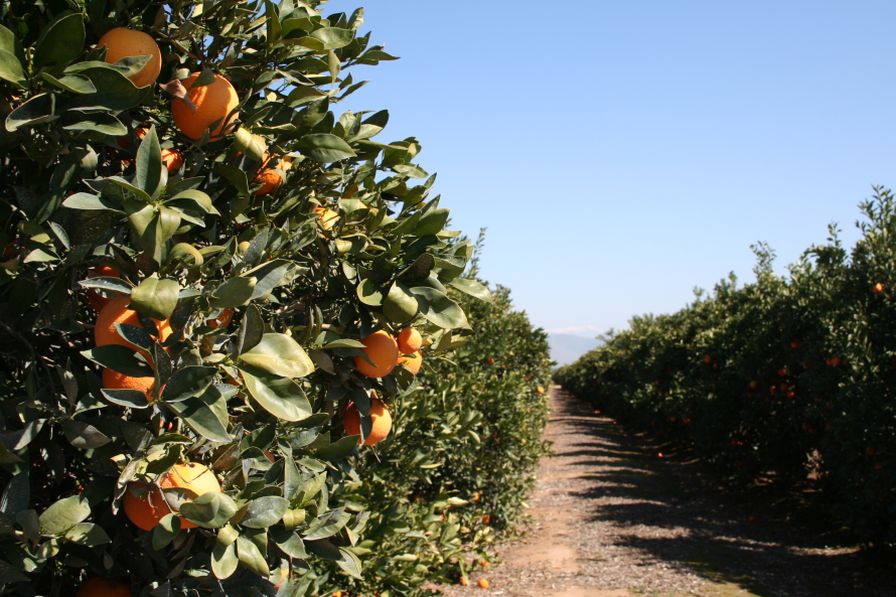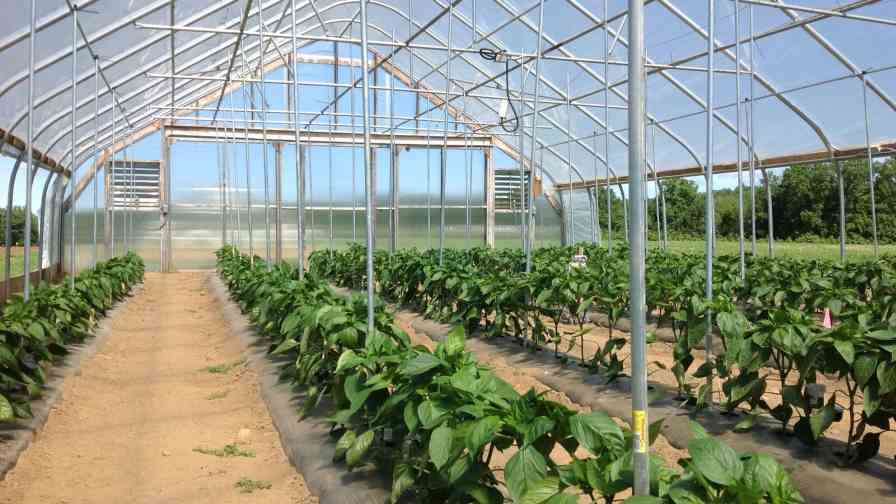Deadly Disease Cutting Down Florida Avocado Trees Likely To Push Up Prices
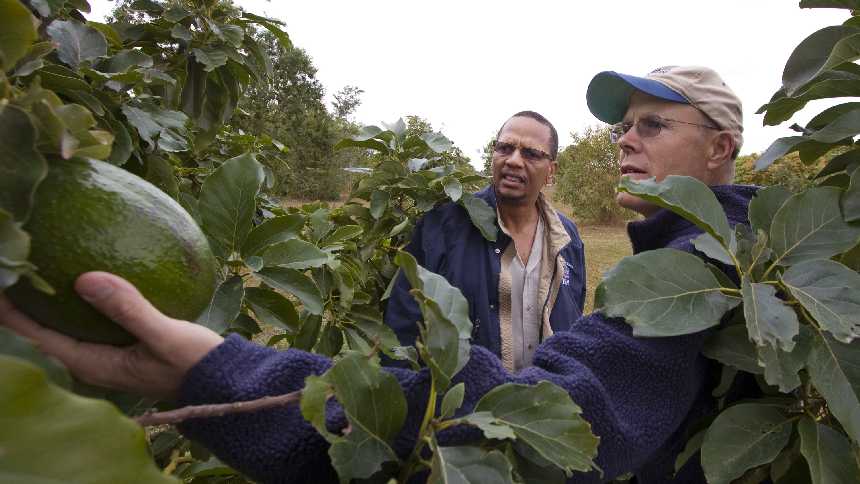
Edward Evans (left), a UF/IFAS food and resource economics associate professor, and tropical fruit expert Jonathan Crane examine avocados in a research grove at the UF/IFAS Tropical Research and Education Center in Homestead.
Photo courtesy of UF/IFAS
According to a new University of Florida study, growers in the state’s $100 million-a-year avocado industry could see a rise in the price of avocados in the short term due to a reduction in domestic production thanks to the deadly laurel wilt pathogen.
Edward Evans, a UF/IFAS associate professor in food and resource economics who conducted the study, was seeking to quantify the likely impact on avocado prices due to decreases in domestic production caused by the continued spread of the laurel wilt disease.
For his research, Evans examined several factors, including the wholesale price of green-skin avocados, monthly shipments of Florida avocados divided by the U.S. population, monthly shipments of avocados from the Dominican Republic divided by the U.S. population, monthly shipments of Hass avocados divided by the U.S. population and per capita U.S. disposable income.
In what Evans considers a key finding, price increases and hence, expected revenue, might not be enough to compensate growers for the higher costs to manage the disease. But Evans said the USDA’s recent actions in response to the Dominican Republic medfly outbreak could change the outcome of his analysis because it means avocado supplies have been curtailed considerably.
“This augurs well for domestic producers who are able to manage the disease at a reasonable cost and stay in production,” he said.
So far, 8,000 Florida trees – a little more than 1% of those grown in the Sunshine State — have been destroyed because of laurel wilt. UF/IFAS scientists are working on solving the the issue.
Evans’ entire study was published online in a recent edition of the journal HortTechnology.




